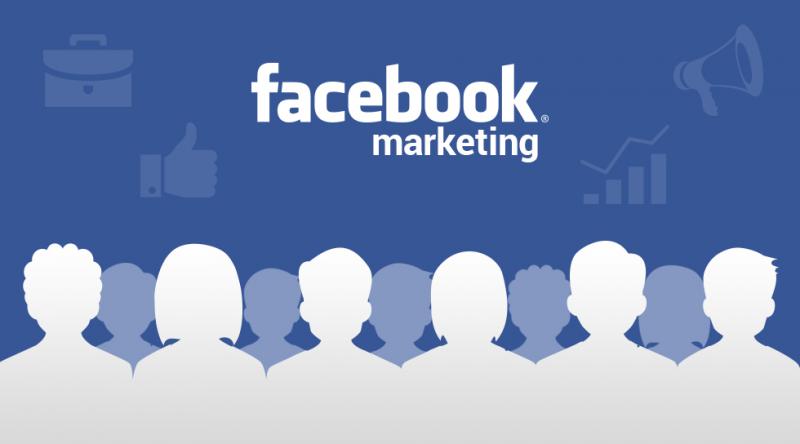
May 8, 2018
Is Facebook Still Relevant for Marketing?
Let’s “face” it: Facebook is going through a rough patch. Though the the Menlo Park giant has been the golden child of social media for years, a generational shift in users (and some particularly bad PR of late) has hampered recent projections of audience growth.
New research from eMarketer suggests that Facebook is losing younger users (12-17 years old) particularly fast, many of whom are gravitating towards platforms like Instagram and Snapchat – though both are still lagging behind Facebook in active user counts. Even if teens aren’t a primary audience for your product or service, trends like this can set off alarms about the long-term health of a social network and its reputation as a place for trendsetters.
Admittedly, this all sounds like a lot of doom and gloom. You may be wondering, “is there any point in bothering with Facebook marketing any longer?”
Why Facebook is Still Worth Considering
As of Q4 2017, Facebook still boasts 2.2 billion monthly active users – a staggering amount equal to nearly 30% of the Earth’s population. It remains the most popular social network worldwide by a considerable margin. And while youth growth is slowing or even reversing slightly, the overall user base is still growing (eMarketer projects the number of active users in the U.S. to hit 169.5 million this year).
It’s honestly worth re-reading that paragraph. Those numbers alone are pretty wild, and could cause any digital marketer to do a double-take. Nowhere else will you find such a massive potential audience, nor one that encompasses so many personas.
And here’s the kicker – there are a few social media marketing facets where Facebook really shines in a way that other social platforms simply can’t hope to match anytime in the near future. Consider the following:
Community Identity – Ever sat down and read ad copy written in the 1940s-1960s? If you do, you’ll notice that selling a product used to be all about touting its benefits as simply and directly as possible. But today, customers want more – they want to buy into a community, a lifestyle. Managing your brand identity has never been easier than with Facebook’s tools and massive active user base.
Influence Marketing – With an overwhelming number of products and services available for nearly every customer pain point, it can be really tough for your potential consumers to actually make a decision. They are searching for opinions they can trust, and the comments/reviews shared by your current customers are invaluable. Facebook has tied real identities to accounts, making for a much more trustworthy experience than any platform in this regard.
SEO – Facebook is ultra-SEO friendly, with internal developers who place a huge focus on search optimization, and with pages on the platform being recognized by major search engines as a popular destination for information-seekers. It can easily drive traffic to your actual website as well, and bounce rates tend to be low for visitors coming from social platforms when compared to those arriving via direct search results.
It’s true that marketers will need to reconsider their social media strategy as Facebook’s population dynamics keep shifting. Those trying to reach teens and college-age young adults would do well to devote some attention to Instagram, Snapchat, and any other platforms that similarly focus on instant-gratification when compared to Facebook’s longer-term investment of profile-building. But Facebook’s ability to target ads to specific audience personas remains stronger than ever, and businesses still stand to benefit greatly from an active presence here.
 Back to main posts
Back to main posts